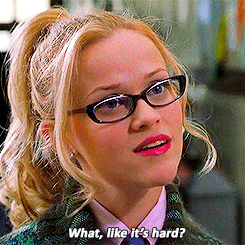One of the tips that Bob Mayer gave at Write on the River when I attended was to join your local chapter of the Romance Writers of America, no matter what your genre.
Well.
Well.
Can I just tell you a little bit about how English Majors like myself are taught to think about romance novels???
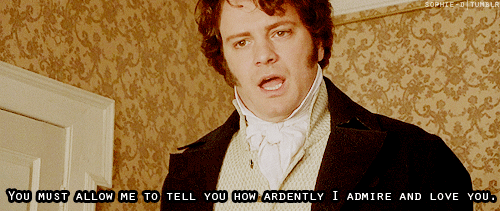
In general, anything that’s “genre fiction” gets a bad rap in Literary Circles. I myself was guilty of this for quite a while. That stuff isn’t “serious,” you know? So it’s basically trash and people who like it are garbage people.
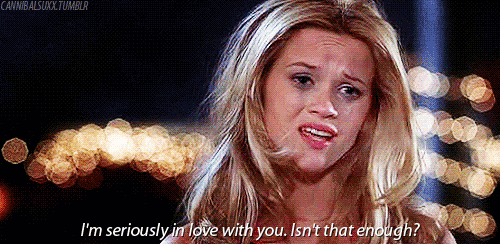
So, despite my initial reservations, I followed Bob’s advice and checked out my local chapter, IRWA. Turns out their annual conference was happening ten blocks from my house, on my birthday…
And if that wasn’t enough, the keynote speakers were going to be the creators of the podcast I was obsessively listening to at the time: Dusted! (It’s a podcast about Buffy the Vampire Slayer, and it’s great and you should go listen to it.)
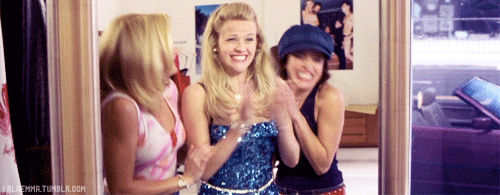
I met so many fun people, including Lani Diane Rich and Alistair Stevens of Story Wonk, the keynote speakers. They talked about all of the building blocks of fiction–character, suspense, setting–but also about why romance in particular, as a genre, is important and useful.
The other day in the teacher lunchroom I defended romance as a genre to an assortment of teachers, including some of my fellow English teachers. They were talking a lot of smack about how silly and pointless romance novels are. And I get it–we teach serious stuff. We teach literature. We don’t teach silly pointless fluff like romance novels.
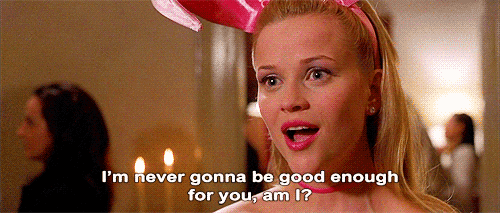
But that’s not fair. “Austen gets to be literature because she’s old, but she’s writing romance,” I said. Then I quoted Lani Diane Rich‘s talk at IRWA2015: “Romance is the only genre that is based in positive human emotion and connection.” Romance novels are about hope and love and forming and maintaining relationships, things that literally everybody wants.
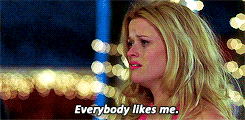
Some more of Lani’s wisdom:
Romance is the only genre based in positive human emotion and connection. Fiction is effective when it’s anchored in real human emotion, and romance is dependent on vulnerability, empathy, and community. It’s anchored in strength (to connect with others through vulnerability, to keep going when your life is a hot mess) and redeemability (as the characters’ inner strength helps them arc toward redemption instead of giving up). Characters struggle through personal failure to find connection, community, and acceptance as a team of two.
That’s just from the first five minutes of Lani talking. It was a seriously amazing workshop. I’m saving my pennies to join IRWA, perhaps next year, but you can also attend two meetings before joining, just in case you don’t believe me (and Bob) about how helpful it can be to join an organization developed to help and support writers. (Plus they gave me a reusable bag that says “In Romance, Love Always Wins,” which is pretty fantastic.)
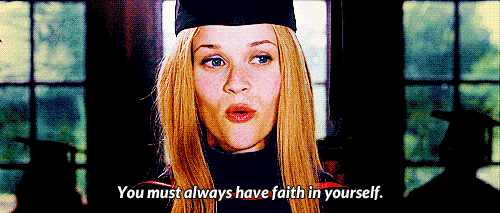
Some other interesting facts: romance is overwhelmingly written and read by women (the demographic that made novels as a whole popular way back in the day) and is constantly trash-talked even though it’s the highest-selling genre of fiction according to multiple sources. Hmmmmmmmm. Seems like maybe people are into it.
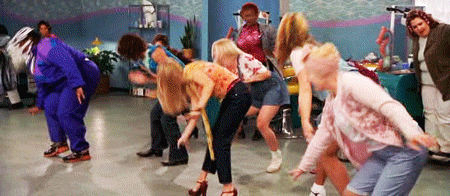
Even though I don’t write stuff that fits comfortably into what people think of as “romance,” i.e. category romance/Harlequins/historicals/bodice-rippers, I do still want romantic elements in my stories. I want my characters to be vulnerable and strong, I want them to arc toward redemption, I want them to form and find community, acceptance, and connection. I want romance like that in my stories, just like I want it in my life.
And romance novelists not only do that, but they do it really well, in many cases.
